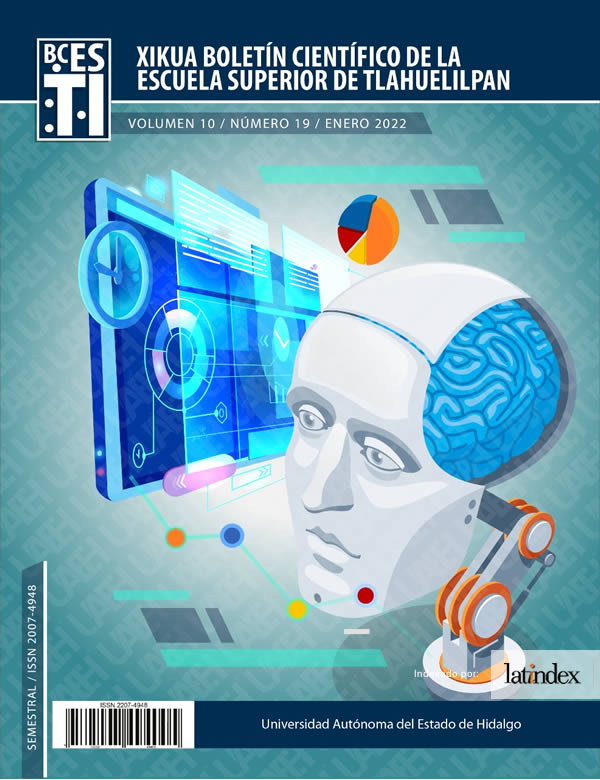Problem-based learning, a challenge for academic practice in medicine.
Abstract
Problem-based learning (PBL) is a methodology that has guided medical training in recent years, its pedagogical paradigms are based on meaningful and constructivist learning. The methodology provides many advantages for the teaching-learning process, among other benefits, it favors higher education learning, guarantees self-directed learning and continuous medical education. It is a method that privileges constructivism as a fundamental axis, establishes that knowledge originates as a process of internal, permanent and dynamic elaboration from previous knowledge or scaffolds that, depending on the internalization of a new knowledge mediated by the facilitator, is transforming mental representations towards more elaborate processes of knowledge, which acquire a new meaning from their own construction, associated with meaningful learning. In this paradigm, it is the students who take ownership of the educational process, including the search, selection and organization of information, where a specific problem is used as a trigger for students to meet the learning objectives and to link theory with theory. practice, from an individual and group position (collaborative work). During the process, students will receive feedback and advice. When learning is centered around health problems, students measure the relevance of what they should learn, particularly the importance of clinical information in their professional future. When this methodology is carried out properly, the feeling of achievement of the objectives by the student contrasts with the memorization of content in the traditional paradigm. The virtue of PBL lies in favoring the development of critical judgment, logical thinking, clinical reasoning, the habit of sequenced learning, self-directed learning, teamwork and the integration of basic, clinical and psychosocial knowledge.
Downloads
References
B.F. Diaz, “Pensamiento Universitario,” 12 abril 2019. (En línea). Aviable: http://www.matedu.cinvestav.mx/~proyectocecyt4/lecturas/form-comp_p03.pdf.
MM, Durante, GA, Martínez, “Revista de la Facultad de Medicina UNAM,” 17 agosto 2017. (En línea). Aviable: https://www.medigraphic.com/cgi-bin/new/resumen.cgi?IDARTICULO=31571
J.J. Irigoyen, “Revista mexicana de investigación educativa,” 13 junio 2018. (En línea). Aviable: http://www.scielo.org.mx/scielo.php?script=sci_arttext&pid=S1405-66662011000100011
MD, Mantilla, “Educación médica basada en competencias: Revisión de enfoque,” 2 Abril 2021. (En línea). Aviable: https://revistas.javeriana.edu.co/index.php/vnimedica/article/view/32073.
L, Martínez, “Plan de estudios modular en la formación médica,” (En línea). Aviable: https://www.sciencedirect.com/science/article/pii/S1575181318301335
R, Moreno, M, Sirhan, “Revista de Ciencias Médicas,” 14 Septiembre 2018. (En línea). Aviable: https://www.researchgate.net/publication/305987351_Educacion_por_Competencias_Implicancias_para_el_pregrado_de_medicina.
C, Viesca, “Revista de la Facultad de Medicina UNAM,” 8 Enero 2019. (En línea). Aviable: https://www.medigraphic.com/pdfs/gaceta/gm-2011/gm112g.pdf.









